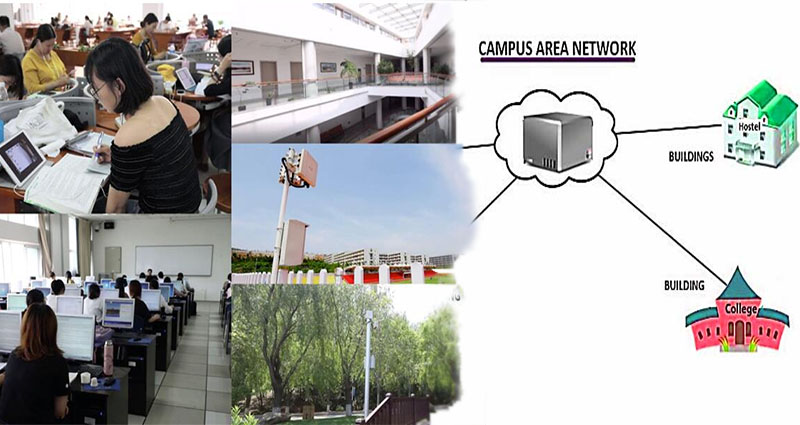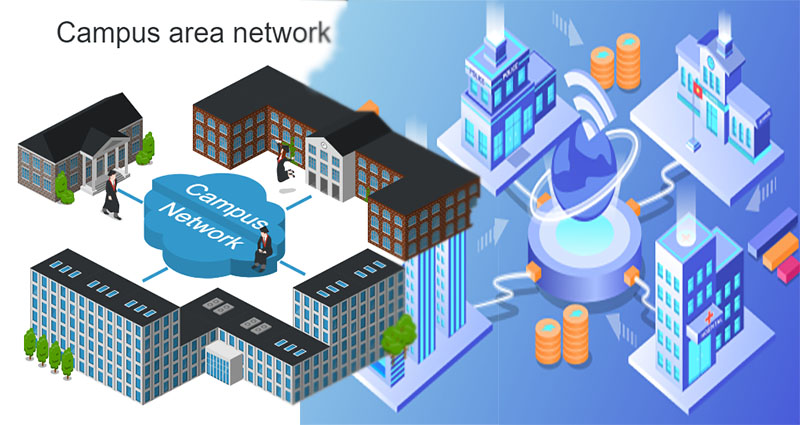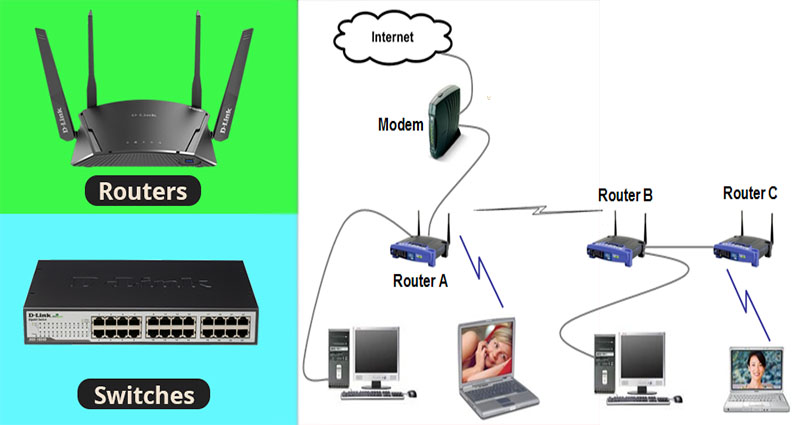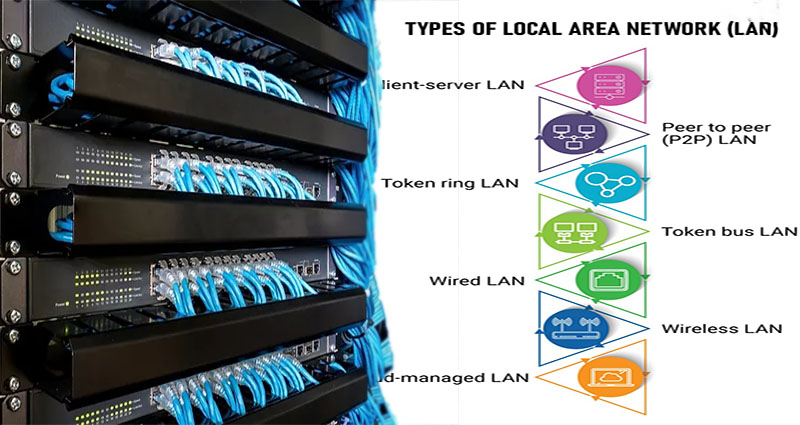The Definition of a Campus Network
The term campus network refers to a smaller network within an organization or region. Campus area networks combine multiple Local Area Networks. They combine the capabilities of the networks within one organization or region. The range of a campus network can be significantly lower than that of a wide area network. To understand this more, it is helpful to understand the definition of each. In this article, we’ll briefly define each of these three terms. You may also want to know how to distinguish between CANs and LANs.
CAN
Compared to wide area networks, campus area networks are much smaller in geographic spread. These networks serve as the network between campuses, government buildings, educational facilities, and military bases. Campus area networks extend from a few hundred meters to five kilometers. They are generally owned by the campus, which may be a university, government department, or corporate entity. While they may … Continue reading >>>











